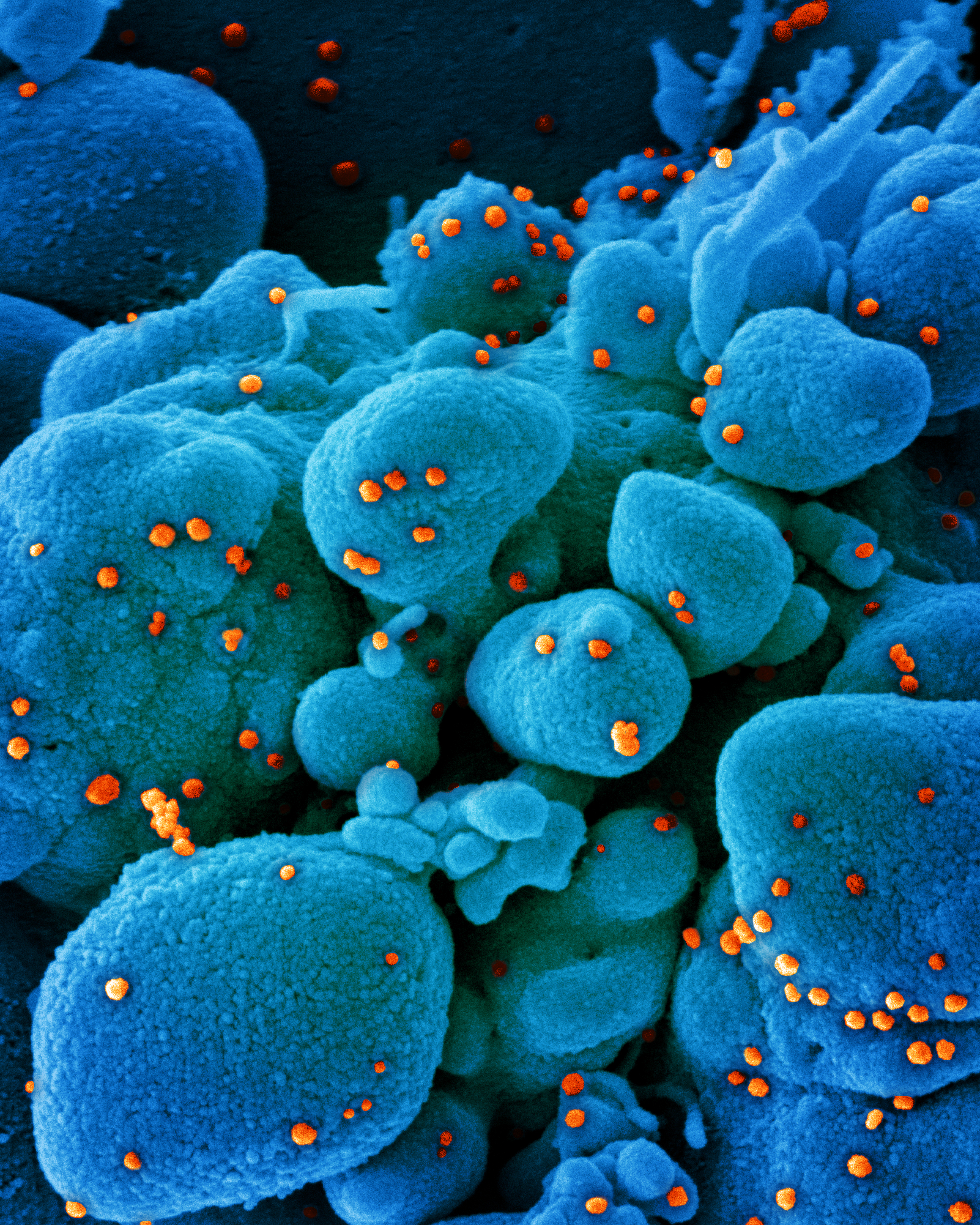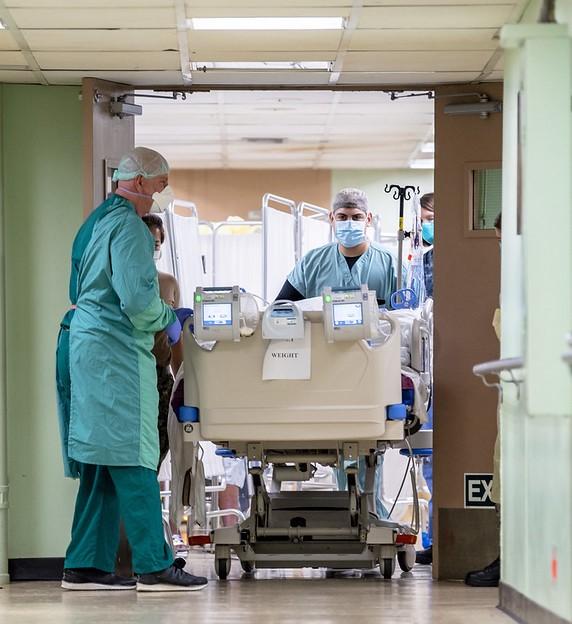
According to a small case-control study today in Scientific Reports, long COVID can affect heart rate variability (HRV) at rest and during deep breathing, adding to the evidence that persistent symptoms of the virus can be associated with cardiac and dysfunction of the autonomic nervous system (dysautonomia). This system regulates involuntary functions like heartbeat, blood pressure, and sweating.
The study, conducted by Brazilian researchers, included 21 patients with long COVID and 20 controls. Long COVID—defined by the authors as new or persistent symptoms experienced 12 or more weeks after infection—has been associated with heart palpitations, orthostatic intolerance (difficulty staying upright), dizziness, and syncope.
Dysautonomia, characterized by dysregulation of HRV, may explain the persistent symptoms observed in Long COVID patients.
"Dysautonomia, characterized by dysregulation of HRV, may explain the persistent symptoms observed in Long COVID patients," the authors wrote. "There is currently a lack of evidence demonstrating how long these autonomic symptoms persist post infection."
Mean heart rate higher with long COVID
In the study, long-COVID patients had reduced HRV at rest and during deep breathing, but mean heart rate was significantly higher in the long-COVID group than in controls. The authors observed these differences during a series of tests that measured heart rate during supine positioning and breathing exercises.
"Patients with Long COVID may present with dysautonomia characterized by an imbalance of HRV, which is reflected in the band potencies of 0.15–0.4 Hz 13, and highlights that this dysautonomia could explain the persistent symptoms observed in patients with Long COVID," said the authors.
The authors said their findings should guide treatments for long-COVID fatigue and dysautonomia. "Our findings provide a rationale for improving fatigability with interventions aimed at improving cardiac and respiratory system autonomic control, through pharmacological and non-pharmacological measures aimed at reducing the cardiovascular risk in these patients," they wrote.
"For example, cardiorespiratory rehabilitation can reduce muscle fatigue and improve cardiac autonomic function in other chronic conditions and has been the focus of numerous studies in patients with Long COVID."














